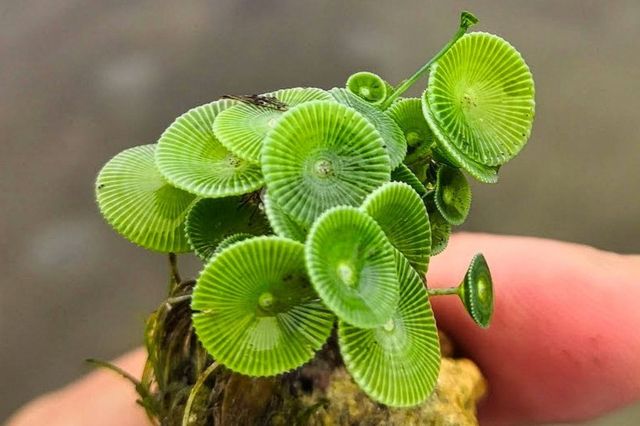Indian scientists discover ‘mermaid’ plant species

The specie has been named after a mermaid
Source : BBC
Indian scientists have discovered a new plant species in India’s Andamans archipelago.
Biologists found a marine green algae during a trip to the island in 2019.
Identification is laborious, and it took the scientists nearly two years to confirm that the species had been discovered for the first time.
Scientists say this the first discovery of a species of algae in the islands in nearly four decades.
Scientists from the Central University of Punjab have named the specie Acetabularia jalakanyakae.
Jalakanyaka in Sanskrit literally means mermaid and a goddess of oceans. The scientists say they were influenced by the fictional character Little Mermaid in the eponymous fairy tale by Danish writer Hans Christian Anderson.
“The newly discovered species is so stunning. It has caps with intricate designs as if it were umbrellas of a mermaid,” said Dr Felix Bast, who led the study.
The main feature of the newly discovered species is that the plant is made up of just one gigantic cell with just one nucleus – botanically, the condition is called “coenocytic”.
The scientists spent more than 18 months sequencing the plant DNA and comparing its form with other plants in the lab.
A paper describing this discovery has been accepted in the the journal Indian Journal of Geo-Marine Sciences.
Andaman and Nicobar Islands has some of the last remaining healthy coral reefs in the world. These reefs support a host of other organisms, including a rich diversity of algae.
However, there is tremendous stress from looming climate change in the form of rising seawater temperature and making oceans more acidic, scientists say.
Rising seawater temperature decreases oxygen concentration in water, dangerously affecting all organisms that depend on oxygen to live, including this species, Dr Bast said.




